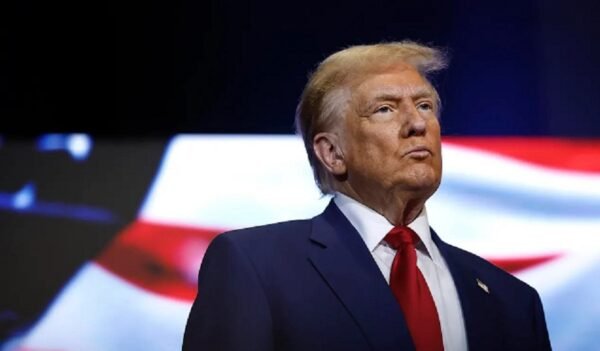Donald Trump’s threat of 100% tariff unrealistic on Brics?
 Donald Trump’s recent threat to impose a 100% tariff on BRICS nations if they pursue the establishment of a new currency has raised eyebrows regarding its feasibility and implications. This warning follows Trump’s assertion that the BRICS countries—comprising Brazil, Russia, India, China, South Africa, and more recently, nations like Iran and the UAE—are attempting to distance themselves from the U.S. dollar, which he deems unacceptable.
Donald Trump’s recent threat to impose a 100% tariff on BRICS nations if they pursue the establishment of a new currency has raised eyebrows regarding its feasibility and implications. This warning follows Trump’s assertion that the BRICS countries—comprising Brazil, Russia, India, China, South Africa, and more recently, nations like Iran and the UAE—are attempting to distance themselves from the U.S. dollar, which he deems unacceptable.
Key Points of Trump’s Threat
Demand for Commitment: Trump demands that BRICS nations commit to not creating a new currency that could rival the U.S. dollar. He stated, “The notion that BRICS countries are attempting to distance themselves from the Dollar while we simply observe is OVER”.
Consequences of Non-Compliance: Should these nations fail to comply, they would face 100% tariffs, effectively cutting them off from access to the U.S. economy, which Trump describes as “thriving”.
Economic Context: The BRICS bloc has been exploring alternatives to the dollar for international transactions, especially in light of sanctions imposed by the U.S. on countries like Russia. This has led to discussions about a common BRICS currency, although significant internal disagreements and economic disparities among member states hinder progress on this front.
Implications of Trump’s Tariff Threat
Unrealistic Expectations: Experts argue that implementing such high tariffs would likely backfire on the U.S. economy by raising prices for consumers and disrupting global trade. Ajay Srivastava from the Global Trade Research Initiative noted that while the U.S. dollar remains dominant, threats alone will not deter countries from seeking alternatives due to broader economic motivations.
Geopolitical Ramifications: The threat may also provoke retaliatory measures from BRICS nations, potentially escalating into a broader trade conflict. Countries like India are particularly cautious about aligning too closely with any new currency initiative that could jeopardize their trade relations with the U.S., especially given their significant economic ties.
Trump’s threat of a 100% tariff on BRICS nations is viewed by many analysts as more of a negotiation tactic rather than a realistic policy proposal. The complexities of international trade dynamics and the interdependencies between these economies suggest that such drastic measures could be more harmful than beneficial for the U.S. in the long run.

